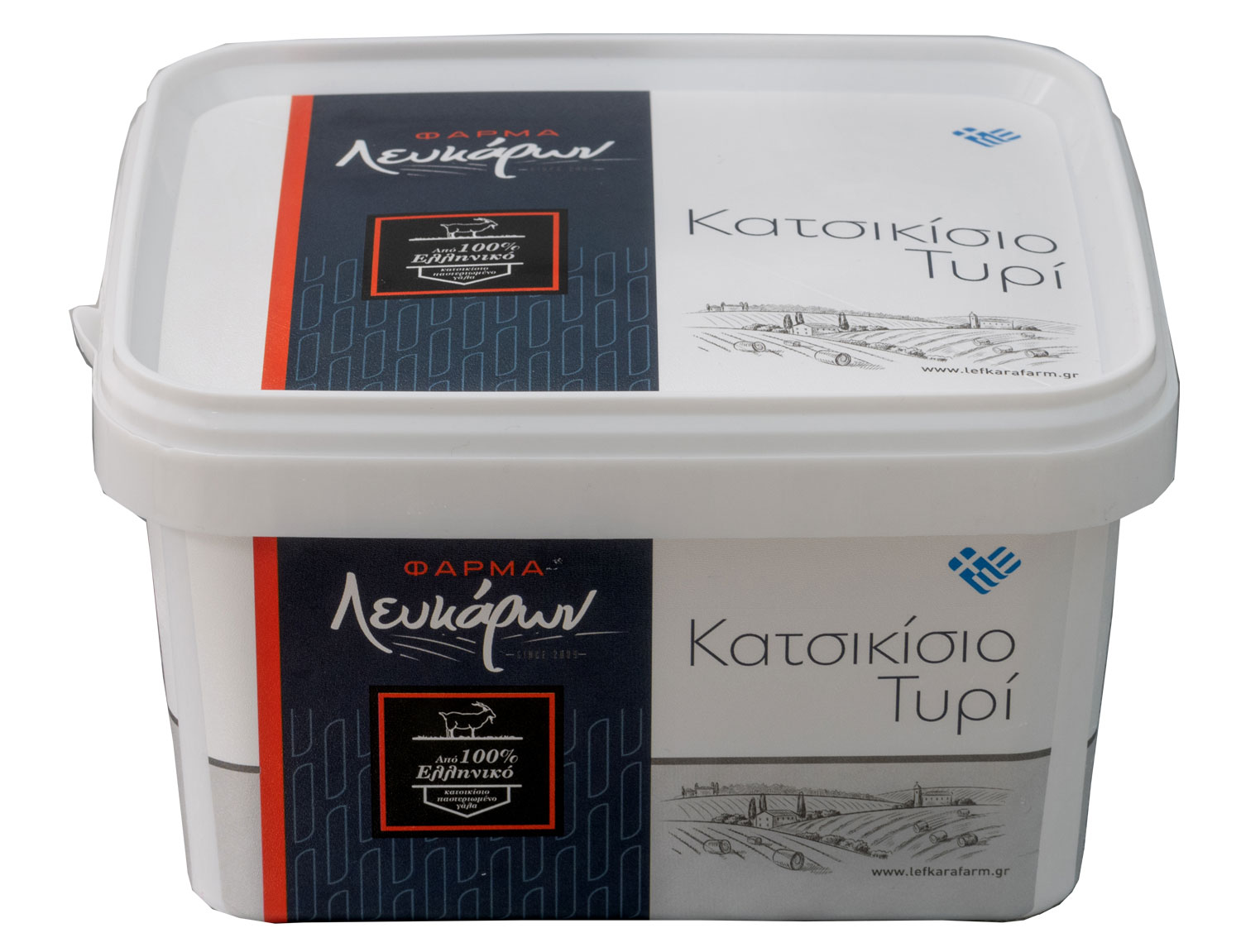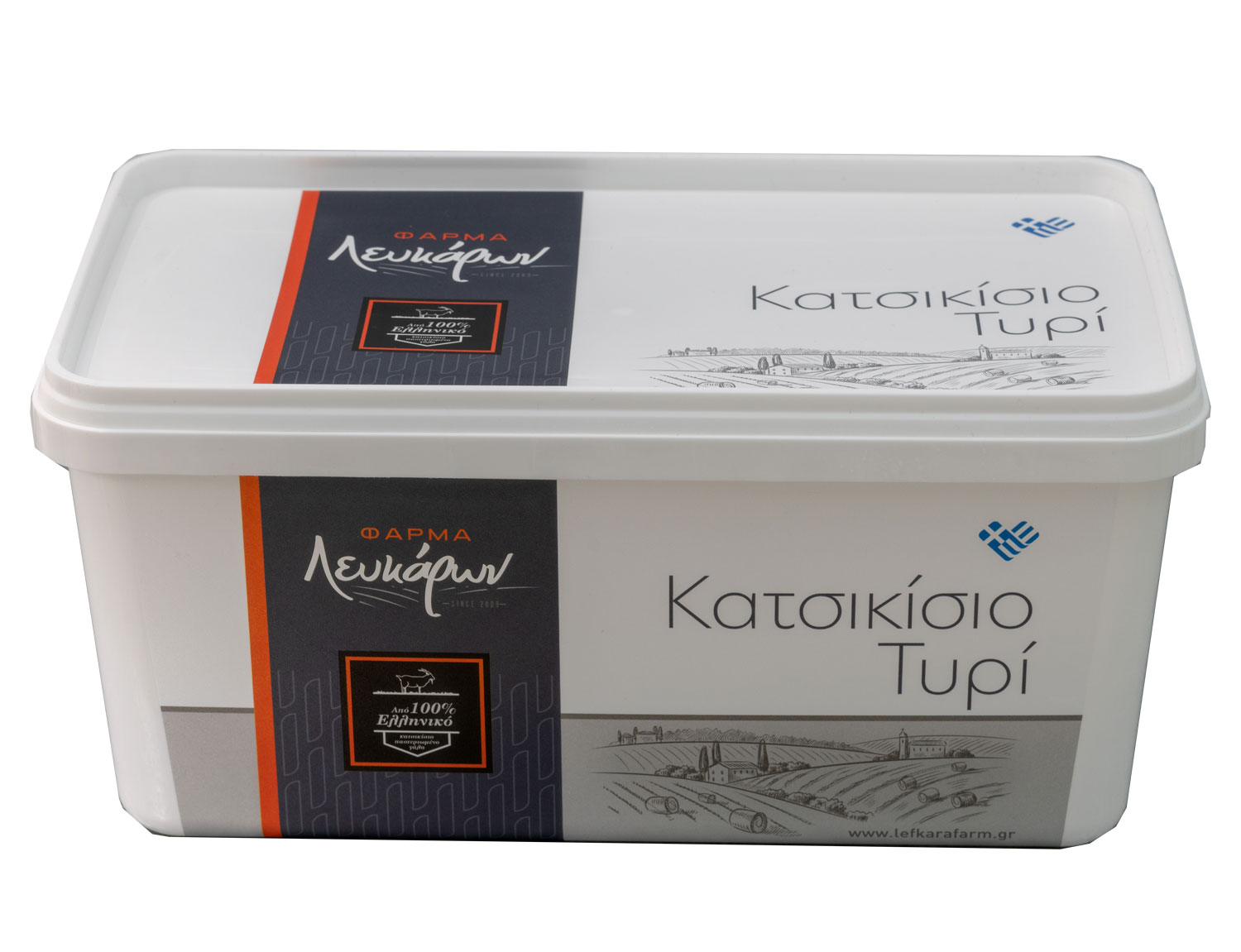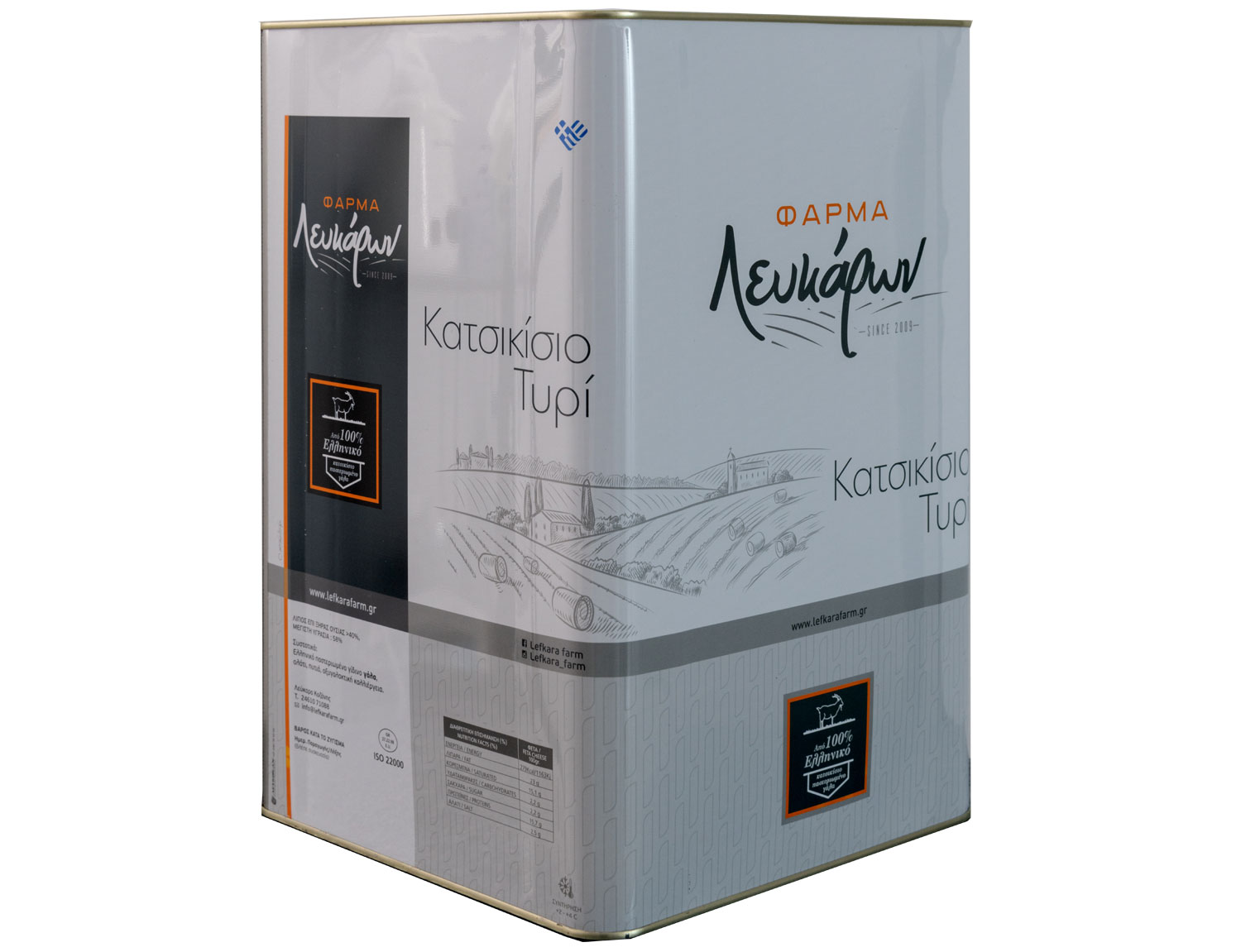Description
Highly flavored, with a strong aroma and various textures - from creamy to hard - the goat's cheese is considered a delectable delicacy for all cheese lovers worldwide.
Packaging
- 15 kg container on weight
- 7,5 kg container on weight
- Plastic container 2 kg
- Plastic container 900 gr
Did you know that
• Goat cheese is one of the most important sources of calcium for the body, delivering about 300 mg per 100 grams. This amount covers 1/3 of an adult's daily needs.
• Consuming 100 grams of goat's cheese a day covers about 78% of the body's daily needs of riboflavin.
• 4 grams of goat cheese has 4 grams of protein, 65 mg of sodium and 5 grams of fat, vitamins A, D, K and minerals such as thiamine and niacin.
• 30 grams of goat cheese yields 68 calories.
Health & Nutrition
A good source of essential nutrients, goat cheese contributes to the good health and growth of the body as it has high calcium content and significant amounts of vitamin D, which even in a sunny country like ours, is missing from the human body. This vitamin, in addition to its other functions, contributes to the optimal absorption of calcium. Goat's milk and cheese still contain all the good B vitamins, such as biotin, pantothenic acid and riboflavin. These vitamins strengthen the central nervous system and enrich the body's energy reserves.
Carbohydrates, minerals, high-value proteins and trace elements in sufficient, daily needs, supplement the goat's nutritional profile. It is considered ideal for everyone and even more so for those who have it increased needs for calcium and protein, such as children, adolescents, the elderly, and especially post-menopausal women.
In addition, goat cheese is rich in potassium which helps regulate blood pressure and protects against cardiovascular diseases such as coronary heart disease.
Compared to cheeses made from sheep's or cow's milk, goat's is more digestible and better tolerated by sensitive digestive systems, because it contains smaller sized fat molecules and more digestible caseins.
Spring goat milk (from March to June) is rich in aromas and tastes more delicate, since animals are grazed freely in nature and mainly feed on green foods. White, goat cheese, which is consumed without ripening, usually has a fat content that does not exceed 20% and is considered "light".
Suggestions for consumption
Goat cheese can be consumed plain, with bread or toast with the addition of a sausage while ideally accompanying green salads. Nutritionists recommend creamy goat cheese as a healthy substitute for mayonnaise in homemade sandwiches. It also fits into spring tarts, with asparagus and fresh mint, as well as fresh fruit and honey.
Nutritional
| Fat | 4,0 g |
| Carbohydrates | 5,2 g |
| Proteins | 3,5 g |








Reviews
There are no reviews yet.